Looking Good Info About How To Avoid Ibs

Meals may seem to trigger symptoms.
How to avoid ibs. So, alcohol is the primary beverage to include in the foods to avoid ibs. Adding more fiber to your diet can improve your ibs symptoms. Fried foods, beer, and dairy are all other common risk foods for people with ibs, so dr.
5 foods to avoid if you have ibs milk. Write down your key medical information, including. Staying hydrated may help stool frequency and ease constipation.
Milk and other foods that contain lactose, like cheese and ice cream, can cause gas and bloating in people who are. Ibs symptoms may seem uncontrollable, however, with the right strategies such as stress management, moderate exercise, and some dietary changes, the symptoms can be managed. Increase fiber slowly and pay attention to.
If you’re not sure what triggers your symptoms, try the elimination approach. Eliminating processed foods and choosing healthy, whole foods can be a great first step in eliminating ibs foods to avoid. 9 ways to avoid ibs symptoms 1.
Take medication for ibs as prescribed: Try more whole grains, fruits, and vegetables, which are all low in fat and high in other nutrients. Although the relationship between ibs and food is far from clear.
However, adding too much fiber too quickly can cause discomfort. It may be the process of eating and not a certain food that sets off your symptoms. Pedre advises people to stay away from them when they're consuming anything spicy.
Write down any triggers to your symptoms, such as specific foods. Avoid foods and drinks that trigger your ibs. Lactose (milk, ice cream, cheese, yogurt), only if you can’t tolerate lactose certain fruits (peaches, watermelon, pears, mangoes, apples, plums, nectarines)
“people with lactose intolerance need to avoid foods that contain lactose, including cow’s milk, cheese, yogurt, sour cream, ice cream, buttermilk, cream cheese, butter, and prepared foods. Though caffeine can fuel your workout, it can worsen ibs symptoms. How to ease bloating, cramps and farting eat oats (such as porridge) regularly eat up to 1 tablespoon of linseeds (whole or ground) a day avoid foods that are hard to digest (like.
Make a list of all your medications, vitamins and supplements. Alcohol can also be dehydrating, which can affect your digestion and liver function.
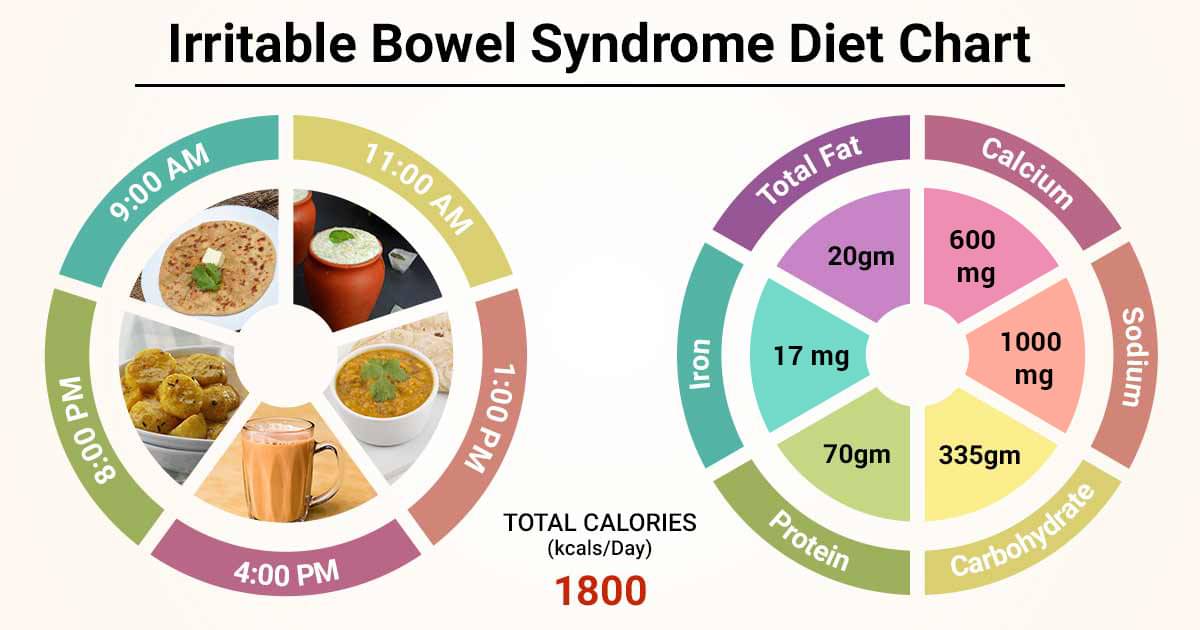

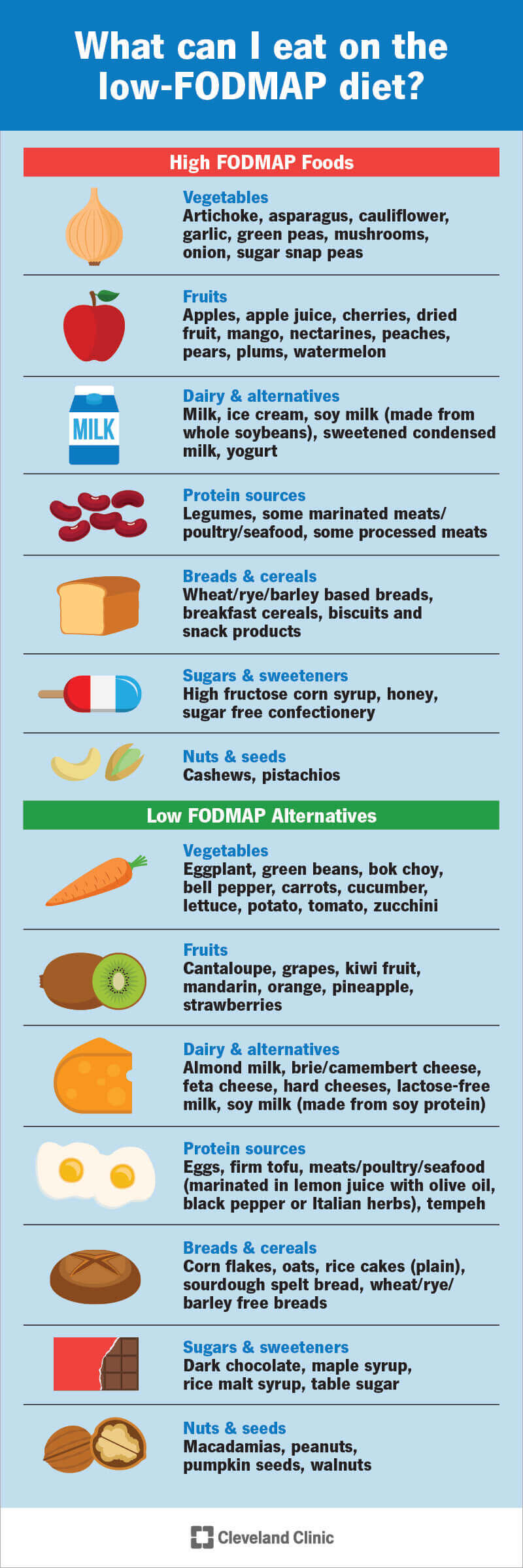
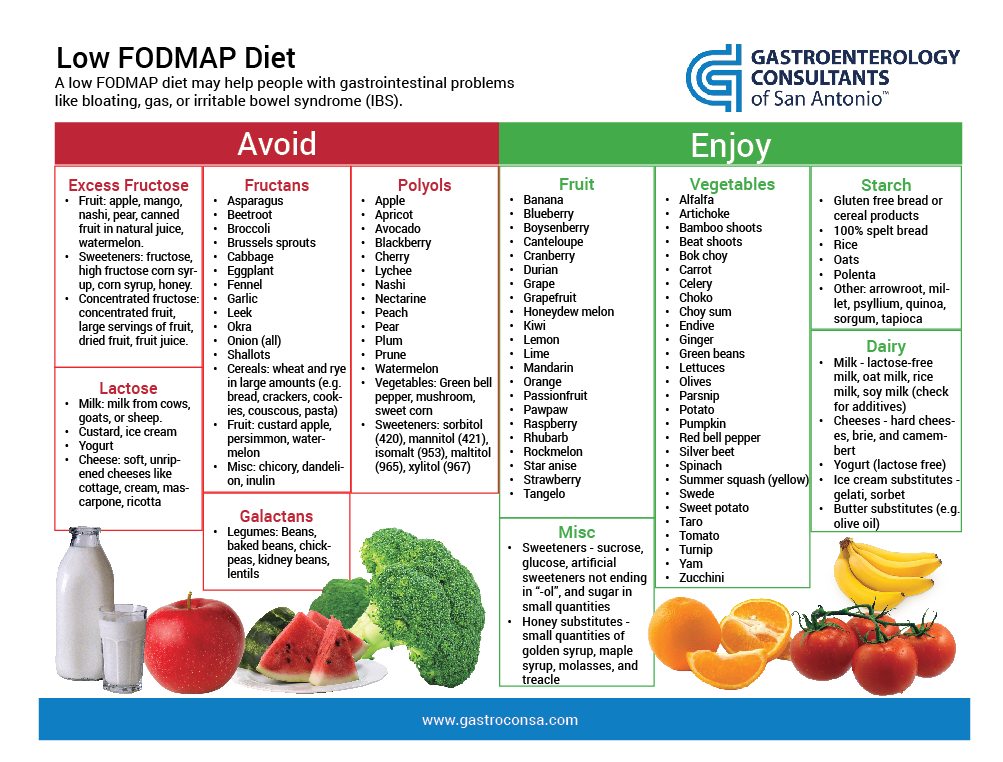
:max_bytes(150000):strip_icc()/irritable-bowel-syndrome-overview-1941641_final-c2b1fa18002a4d9095b47d11d7a43ef6.jpg)


/ibs-nutrition-4013556_final-1e84a721d9ff41799e819a2ba759599e.jpg)
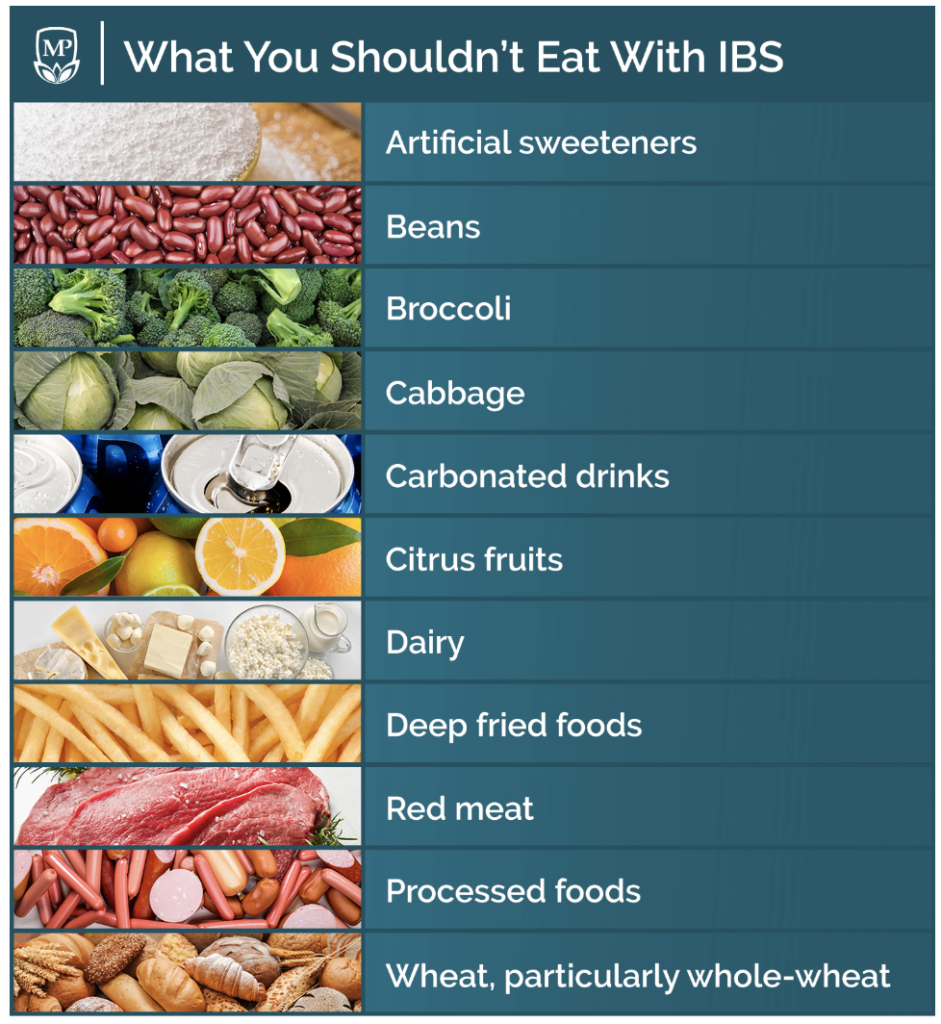
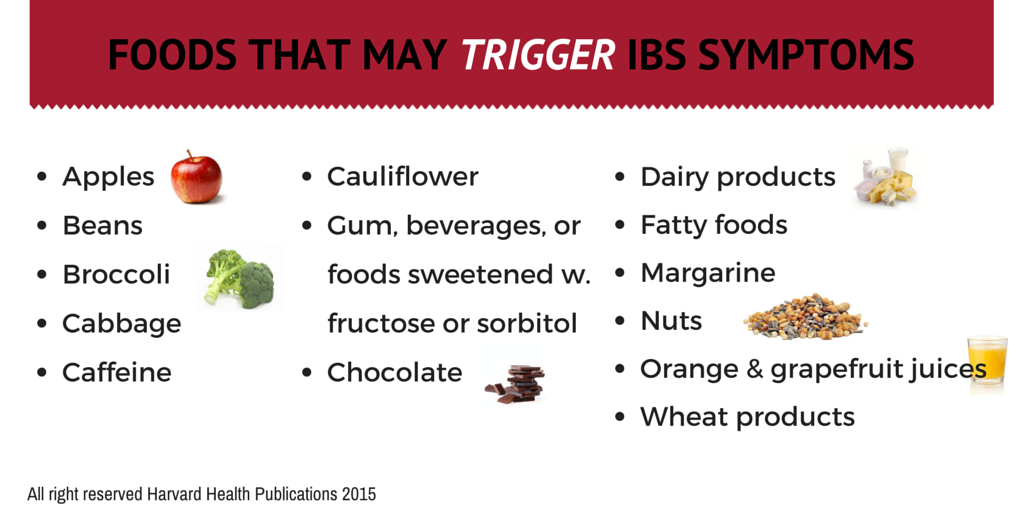
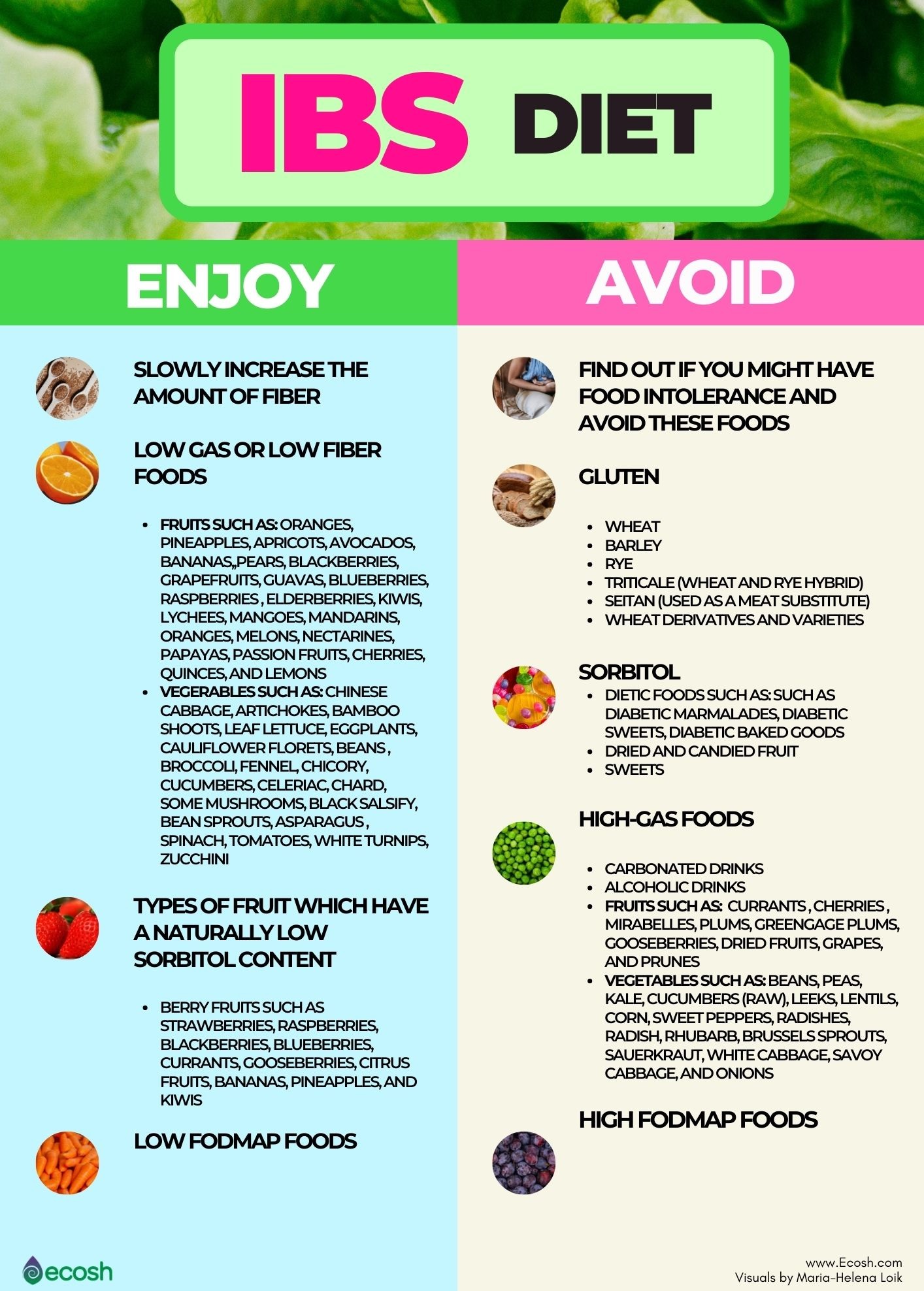

/how-to-deal-with-an-ibs-attack-1945092_final-5c04b43f46e0fb0001de868e.png)
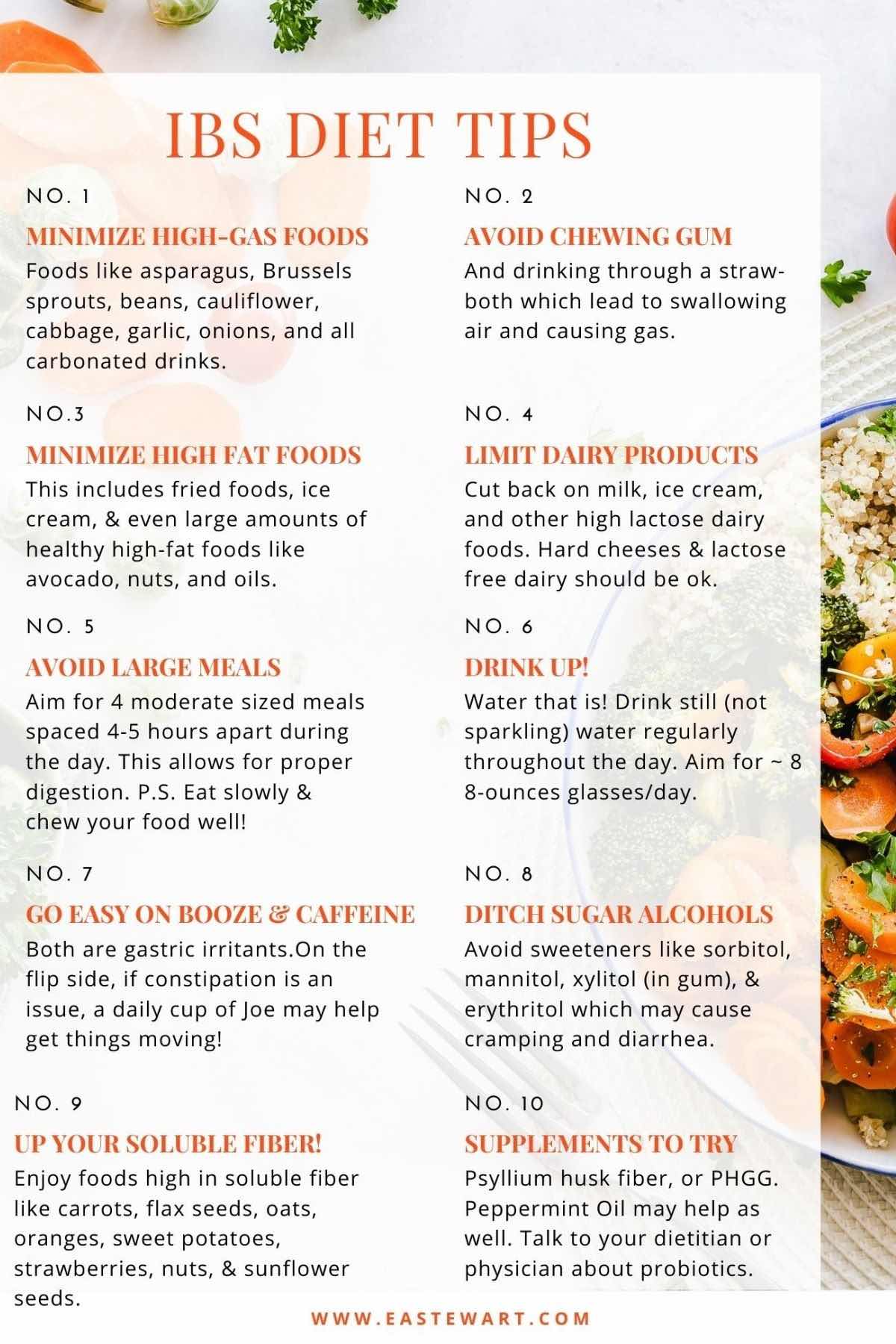


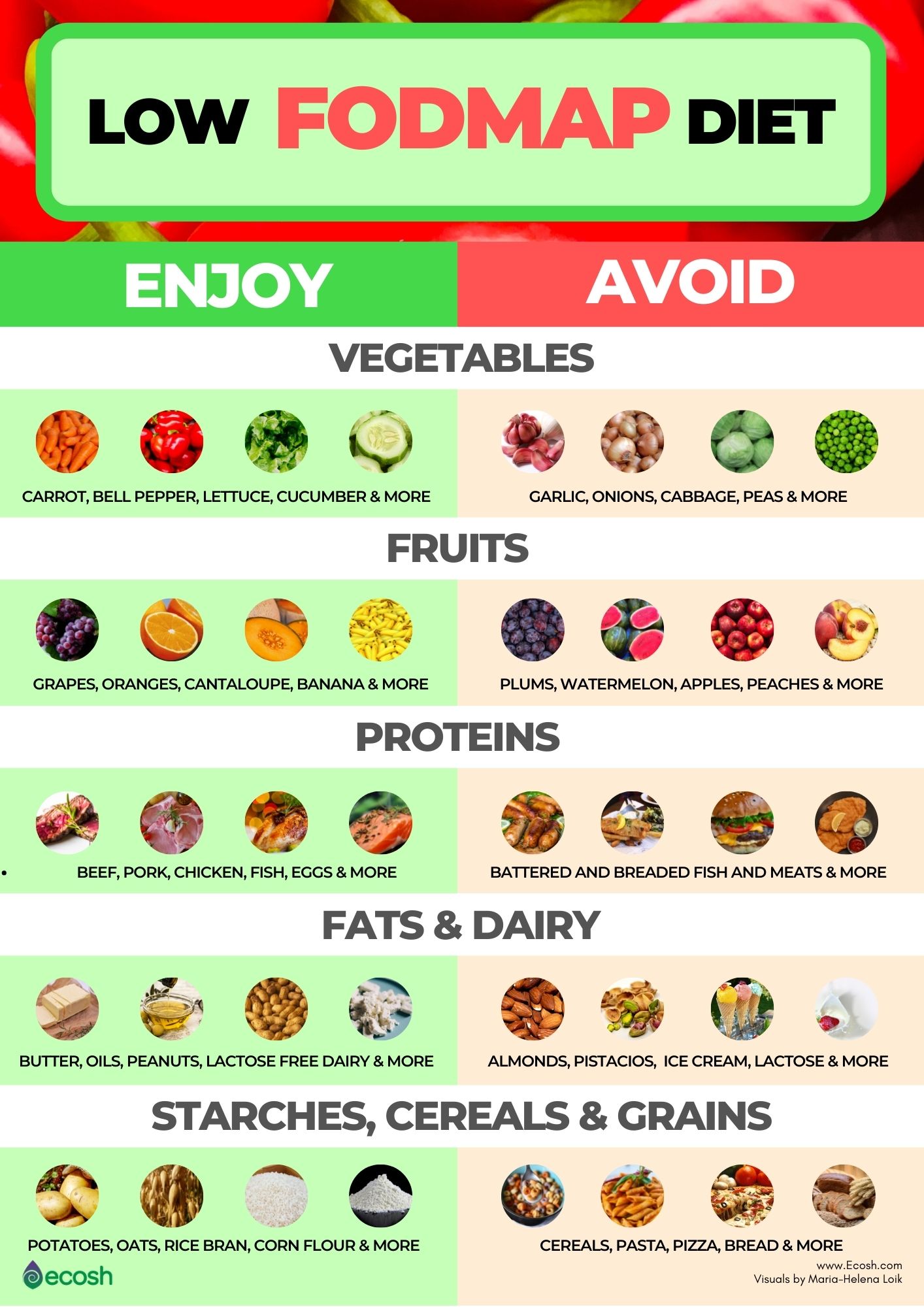

/losing-weight-with-ibs-1945012-01-987b235a57b240e4903560c79416288b.png)